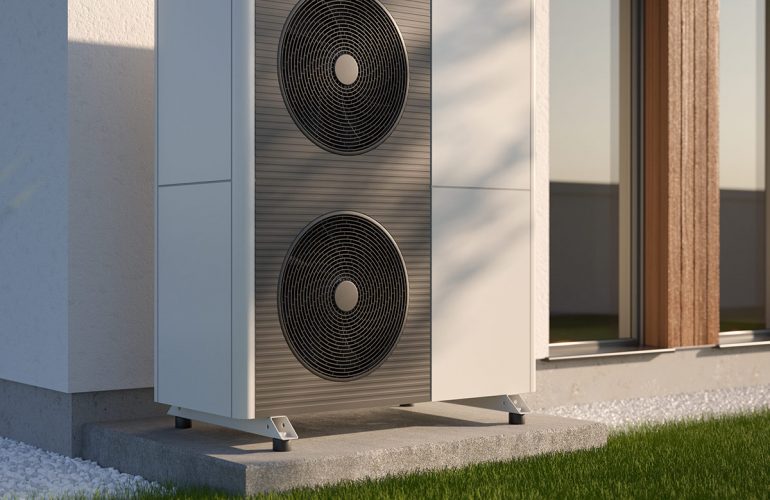Solar energy is rapidly gaining popularity as a sustainable and cost-effective solution for powering homes and businesses. With the advancement of technology, solar panels have become more efficient and affordable, making them an attractive option for those looking to reduce their carbon footprint and save on electricity bills.
How Do Solar Panels Work?
Solar Panels are made up of many photovoltaic cells. Silicon is present in these cells. When sunlight strikes silicon, the electrons within it begin to move about. This movement generates direct current (DC) electricity, which is subsequently transformed to alternating current (AC). This AC electricity is then utilised to power our houses and businesses.
Why should you install solar panels?
- Lower your electricity bill – Because solar energy is free, after your panels are installed, you won’t have to pay anything else. You can cut your energy bills by up to £400. Furthermore, if you create more electricity than you consume, you may profit by selling it back to the grid.
- Reduce your carbon footprint – It’s a completely renewable energy source that doesn’t release emissions, degrade the environment, or make noise once it’s been manufactured. By using solar energy, you are cutting your carbon footprint and playing your part in tackling climate change.
- Easy to install and maintain – Solar panels can last for over 30 years and with no moving parts, there’s less that could break. This means that once installed, there is little maintenance that needs to be done.
- Reducing air and noise pollution – Solar panels are silent and the silicon used in the panels is non-toxic. By using solar energy, you’re not just decreasing carbon emissions, you’re also reducing air pollution, which is a huge worldwide issue.
The Shift Towards Renewable Energy
In recent years, the UK has made significant progress in increasing the production of renewable energy. In 2010, renewable energy accounted for only 7% of the country’s electricity generation. However, by 2020, this figure had risen to 42%, surpassing electricity generated from gas and coal plants for the first time. Solar panels, along with other renewable energy sources such as wind and tidal power, have played a crucial role in this transition.
The UK government has set ambitious targets to further accelerate the adoption of renewable energy. By 2035, the UK aims to be powered by 100% clean energy, further reducing its reliance on fossil fuels. This commitment to renewable energy is driven by the need to combat climate change and create a sustainable future for generations to come.





